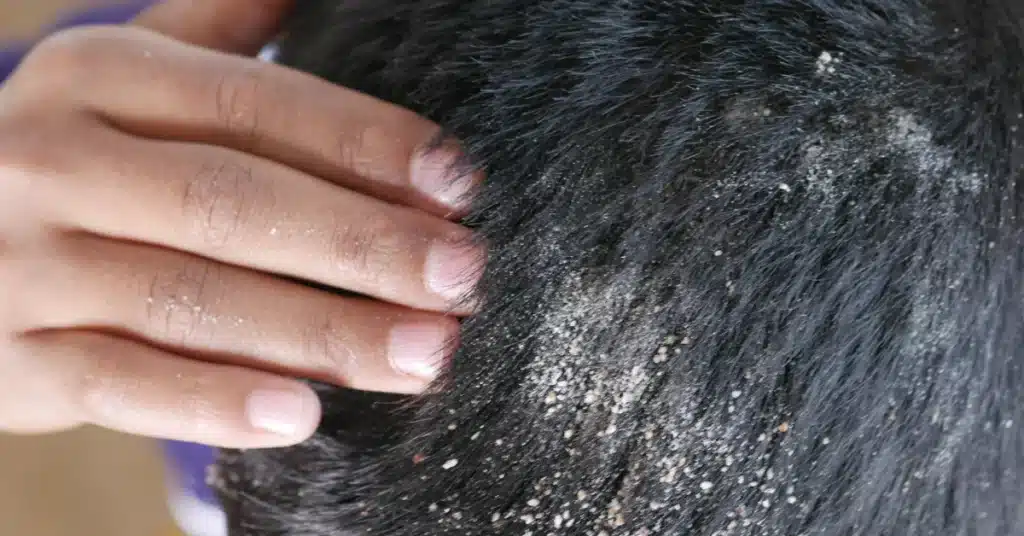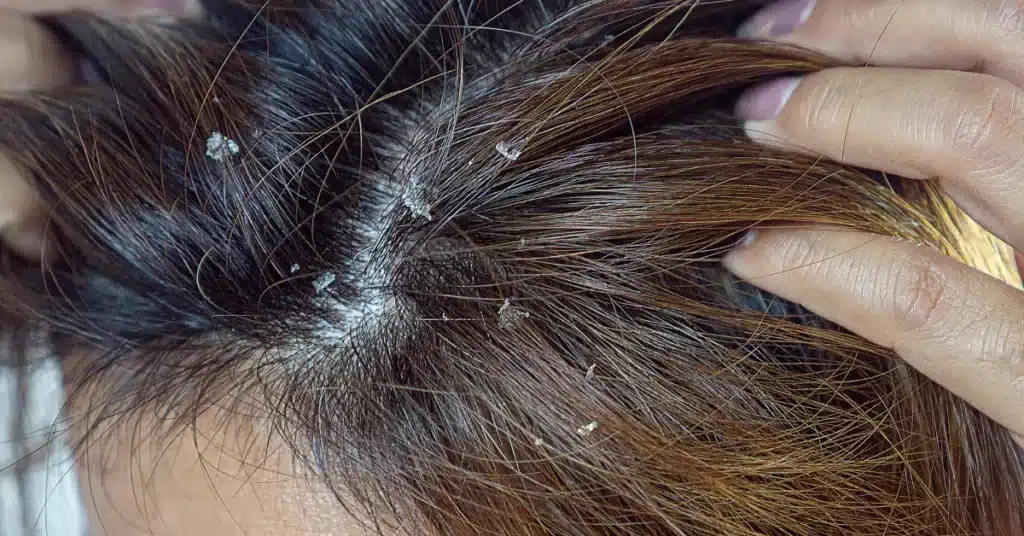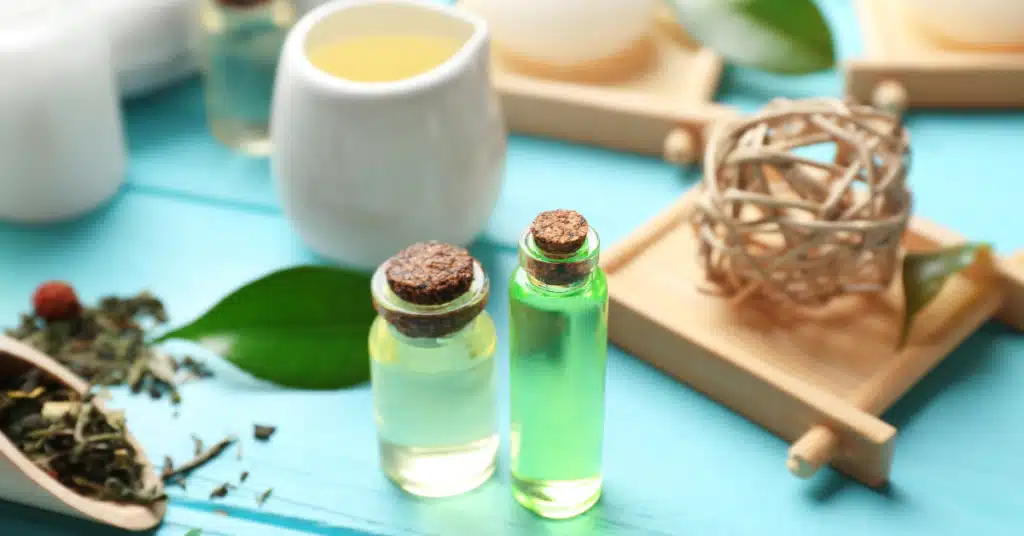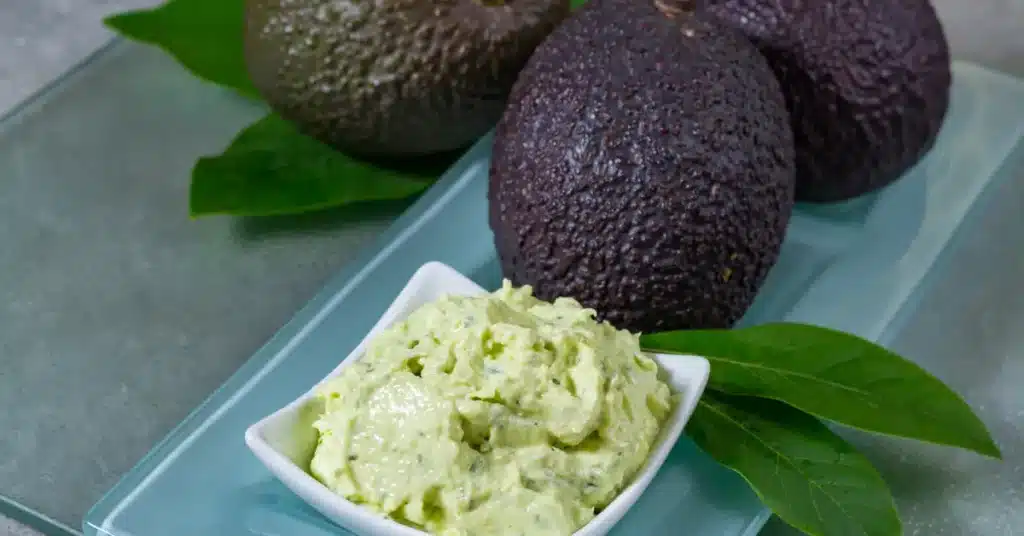Dry Scalp: Causes, Treatment, and Prevention
A dry scalp is a common condition that occurs when the skin on your head loses an excessive amount of moisture.
This leads to discomfort characterized by itching and flaking.
It is important to address this condition promptly to prevent further irritation and maintain a healthy scalp.
This article will explore its causes, treatment, and preventive measures.
Understanding dry scalp
It is characterized by the loss of moisture from the skin on your head, resulting in itching and flaking.
Several factors can contribute to scalp dryness, including harsh hair care products, environmental conditions, and age.
However, more severe skin conditions such as Psoriasis, Tinea Capitis (scalp ringworm), and Actinic Keratosis (AK) can also lead to dry scalp.
Distinguishing dry scalp from dandruff
While dry scalp and dandruff can result in an itchy, flaky scalp, they have distinct causes and characteristics.
Dry scalp

It can be characterized by the following:
- Symptoms: Itching, small white flakes, and possible dryness on other body parts
- Cause: Loss of moisture from the scalp, harsh hair care products, dry weather, and aging
Dandruff
Dandruff can be characterized by the following:
- Symptoms: Larger, yellowish or whitish flakes, often accompanied by redness and oiliness
- Cause: Excess oil on the scalp, leading to skin cell buildup and Seborrheic Dermatitis, triggered by factors like yeast on the skin or stress
Causes of dry scalp
It can be attributed to various factors, and understanding its underlying causes is essential for effective treatment.
Some common reasons include:
Hair care products
Certain hair care products may lead to Contact Dermatitis, causing itching and irritation.
Many of these products can strip your hair of natural oils, making your scalp dry and irritated.
Environmental factors
The weather can impact the moisture levels of your scalp.
For instance, low humidity and cold climates can contribute to dry skin on your scalp.
Aging
Skin naturally loses moisture as you age, potentially leading to a dryness in the scalp.
Skin conditions
More serious skin conditions can also result in dryness in the scalp.
These conditions may include:
Psoriasis

A chronic skin condition that facilitates the growth of skin cells, causing patches of plaques to form.
Factors like infections, injuries, medications, and lifestyle choices such as alcohol consumption and smoking can trigger it.
Tinea Capitis (Scalp Ringworm)
A fungal infection of the scalp’s skin can spread easily through contact with infected individuals or objects.
Tinea Capitis can live for a long time on infected objects and surfaces unless treated properly.
Actinic Keratosis (AK)
A type of precancerous sun damage often caused by prolonged sun exposure, particularly in individuals with hair loss and less sun protection.
Genetics and age can also play a role in AK development.
Treatment for dry scalp
The treatment depends on its underlying cause.
Here are some approaches to address and alleviate the dryness of scalp:
Hair product management
Improved shampoo rinsing and discontinuing irritating products might be sufficient if hair care products are the culprits.
Switching to a non-medicated, gentle shampoo designed for dry scalp can help relieve dryness and flakes.
Consult a dermatologist
When more serious health issues are responsible for your dryness, it’s advisable to consult a dermatologist for a proper diagnosis and tailored treatment.
Treatment options may include:
Psoriasis

Dermatologists may prescribe medicated ointments or Corticosteroid creams to reduce itching, redness, and scaling.
Other treatments include medicated shampoos, scale softeners, topical medications containing vitamin D, light therapy (phototherapy), or oral medications.
Tinea Capitis
Treatment often involves oral antifungal medications, medicated shampoos, topical antifungal creams, or Corticosteroids.
Actinic Keratosis (AK)
Your dermatologist may give you topical medications such as Fluorouracil or Imiquimod.
Other treatment options might include surgical procedures like cryotherapy or photodynamic therapy involving special drugs and specific light activation.
Home remedies for dry scalp
Several home remedies have shown potential for alleviating dryness in the scalp symptoms, while not every treatment may work for everyone,
Coconut oil
Coconut oil is well known for its moisturizing properties.
Research indicates that it can effectively treat dry skin.
While individual results may vary, many people relieve scalp dryness by gently massaging warm coconut oil into their scalp.
Leave it on for some time before washing it off.
Tea tree oil

Tea tree oil is a sought-after essential oil known for its antifungal, antiseptic, and antibiotic properties.
These properties can be beneficial for addressing scalp dryness.
Dilute tea tree oil by mixing few drops of olive or coconut oil.
Leave it on for a short period before washing your hair.
Aloe vera
Aloe vera has anti-inflammatory effects and is often used for soothing sunburn and dry skin.
Aloe vera can help alleviate itching and provide moisture when applied to the scalp.
Some individuals may find it particularly useful for relieving the symptoms of scalp dryness.
Olive oil
Olive oil, known for its anti-inflammatory properties, has been shown to promote skin healing and reduce inflammation.
Applying olive oil to your scalp helps counteract skin inflammation that can lead to dryness.
Mashed bananas
Nutrients in bananas, such as potassium, oils, and vitamins, can moisturize the scalp, treat dandruff, and improve hair health.
Making a homemade banana hair conditioner and applying it to your scalp may provide relief.
Avocado oil

Avocado oil is rich in moisturizing properties and may help hydrate the scalp.
Animal research indicates that topical avocado oil can enhance wound healing and reduce inflammation, potentially benefit the scalp.
Jojoba oil
Jojoba oil is another option for moisturizing the scalp.
Some studies suggest that jojoba liquid wax, derived from jojoba, can effectively hydrate the skin.
While more research is needed, jojoba oil may provide relief from scalp dryness.
Yogurt and egg
In some cultures, yogurt and eggs are a traditional home remedy for dry hair and scalp.
People mix yogurt and eggs and apply this mixture topically.
However, individuals with allergies to eggs or dairy should exercise caution or avoid this remedy.
Preventing dry scalp

A dry, itchy scalp can be quite uncomfortable, but there are steps you can take to prevent it from occurring in the first place.
Consider incorporating these tips into your routine:
- Opt for a shampoo specifically designed for dryness or gentle and moisturizing. Avoid shampoos containing harsh chemicals that can strip the scalp of its natural oils
- Washing your hair frequently can strip away natural oils and contribute to scalp dryness. Try to space out your hair-washing sessions to allow your scalp to maintain its natural moisture
High-stress levels can exacerbate skin conditions. Practice stress-management techniques such as deep breathing, meditation, or yoga to help keep stress in check - Drinking adequate water is essential for overall skin health, including the scalp. Proper hydration helps maintain skin moisture and can prevent dryness
- Smoking is known to have adverse effects on skin health, including the scalp. Quitting smoking can improve overall skin condition, including the scalp
- Adding moisture to your home environment with a humidifier can help combat dryness, especially during the winter
When to see a doctor
While many cases of dry scalp can be managed with home remedies and lifestyle adjustments, there are situations when seeking medical attention is advisable.
You should consider consulting a healthcare provider or dermatologist if:
- Over-the-counter remedies don’t work
- You are constantly itching
- There is a red rash present
- If your scalp becomes swollen, warm to the touch, or painful
- There are some unusual flaking or scalp changes
Conclusion
A dry scalp is a common condition that causes discomfort and frustration due to itching, flaking, and irritation.
Various factors can contribute to dryness in the scalp, including harsh hair care products, environmental conditions, and underlying skin conditions like Psoriasis or Tinea Capitis.
Differentiating between dry scalp and dandruff is crucial to implementing the right strategies for relief.
Treatment options vary, from switching to gentle, moisturizing shampoos to consulting dermatologists, depending on the severity and underlying cause.
Home remedies such as coconut oil, tea tree oil, aloe vera, and others may relieve some individuals.
Preventing scalp dryness involves adopting a holistic approach to maintaining scalp health.
Choosing moisturizing shampoos, reducing hair washing frequency, managing stress, and staying hydrated are some effective measures to prevent the onset of dryness.
Individuals can take proactive steps towards achieving a healthier scalp by understanding the causes, symptoms, prevention strategies, and appropriate treatments.
Frequently Asked Questions
WowRx uses only high-quality sources while writing our articles. Please read our content information policy to know more about how we keep our content reliable and trustworthy.






